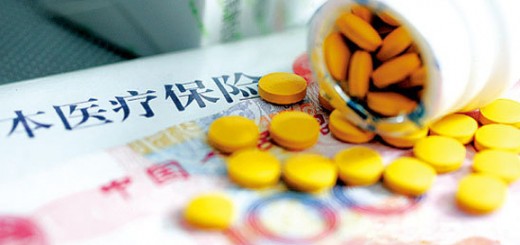Chemotherapy is a category of cancer treatment that uses chemical substances, especially one or more anti-cancer drugs to treat cancers with a curative intent or palliative purpose.
Chemotherapeutic agents are usually cytotoxic and non-specific, that means they kill cells that divide rapidly, both most cancer cells and normal cells, including cells in the bone marrow, digestive tract, and hair follicles. This non-specific killing also results in the most common side-effects of chemotherapy: myelosuppression (decreased production of blood cells, hence also immunosuppression), mucositis (inflammation of the lining of the digestive tract), and alopecia (hair loss).
Ginsenosides are a group of saponins found in ginseng, and many ginsenosides, especially protopanaxadiol-type ones, have been found to have strong anti-cancer activities. When concurrently used during chemotherapy, protopanaxadiol (PPD) enhanced the chemo efficacy, but alleviated the chemo toxicity as well, says a report published on Journal of Jilin University (Medicine Edition) 2009 02.
In the study, small cell lung cancer cells were injected under the skin of nude mice to establish the tumor model, and chemo drug cyclophosphamide was administered alone or with PPD at 50mg/kg.day for 15 days. Compared to cyclophosphamide (CTX) treatment, the combination use of CTX and PPD increased the inhibition of tumor growth as the tumor size and weight were significantly smaller than CTX treatment alone. Furthermore, the combined use of CTX and PPD led to higher activation of caspase-3 (a critical enzyme in apoptosis induction) and more apoptosis.
Moreover, the CTX toxicity on bone marrow and immune response was greatly reduced when PPD was used concurrently. PPD addition increased the cell density in the bone marrow as well as WBC count in peripheral blood. Meanwhile, there were increased spleen and thymus indices, T lymphocyte tranformation rate and cytotoxic activity of NK cells, indicating an improved B and T lymphocyte functions. Not superisingly, chemo mice with PPD had better food and water intake and body weight maintenance.
From this study, we learned that PPD use not enhances the therapeutical efficacy of cyclophosphamide but also reduces chemo-related toxicity. It’s highly likely PPD’s efficacy-enhancing and toxicity-reducing effect might be extrapolated to other chemo drugs.














































